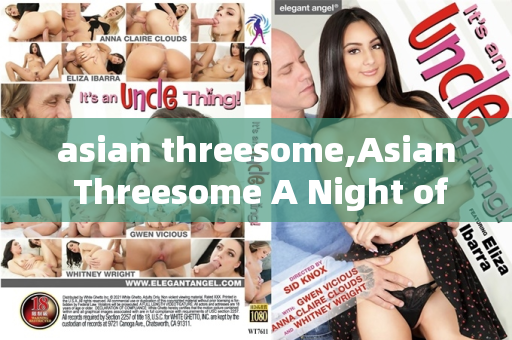
In recent weeks, the internet has been buzzing with news surrounding Erin Gilfoy and the alleged leaks of her content from her OnlyFans account. Erin, a social media influencer and content creator, has garnered a significant following due to her engaging personality and charismatic presence on various platforms. However, the leak of her private content has sparked discussions about privacy, consent, and the ethics surrounding the sharing of explicit material online.
OnlyFans has become a popular platform for creators to share adult content, allowing them to monetize their work and connect directly with fans. However, the platform has also faced criticism for the ease with which content can be shared and leaked. In Erin's case, many of her subscribers were shocked to find that content they believed was exclusive had surfaced online without her consent. This incident raises serious concerns about the security of content on subscription-based platforms and the potential for exploitation of creators.
The leaked content has not only impacted Erin's personal brand but has also ignited a broader conversation about the implications of sharing explicit material in the digital age. While many supporters have rallied around Erin, emphasizing the importance of her right to control her own content, detractors have used the situation to critique the world of adult content creation. This dichotomy highlights the complexities of consent and ownership in an era where online content can easily be disseminated and modified.
Furthermore, the situation has prompted discussions about the responsibilities of platforms like OnlyFans in protecting their creators. As the demand for adult content continues to rise, it is crucial for these platforms to implement more robust security measures to prevent unauthorized sharing and ensure that creators can maintain control over their work. Erin's experience serves as a cautionary tale for both current and aspiring content creators, underscoring the importance of understanding the risks involved in sharing personal material online.
In the wake of the leaks, Erin Gilfoy has taken to social media to express her feelings about the situation and to advocate for creators' rights. Her transparency and vulnerability have resonated with many, reinforcing the notion that content creators deserve respect and agency over their own narratives. The community's response has been largely supportive, with many fans calling for increased awareness around the challenges faced by individuals in the adult entertainment industry.
As the conversation continues, it is essential to recognize the impact of such leaks not only on the individuals involved but also on the broader discourse surrounding privacy and consent in the digital landscape. Erin Gilfoy’s situation serves as a reminder that behind every content creator is a person who deserves to have their boundaries respected. Moving forward, it is imperative for platforms, fans, and society as a whole to foster a culture that prioritizes consent and supports the rights of creators, ensuring that their work is valued and protected from exploitation.









